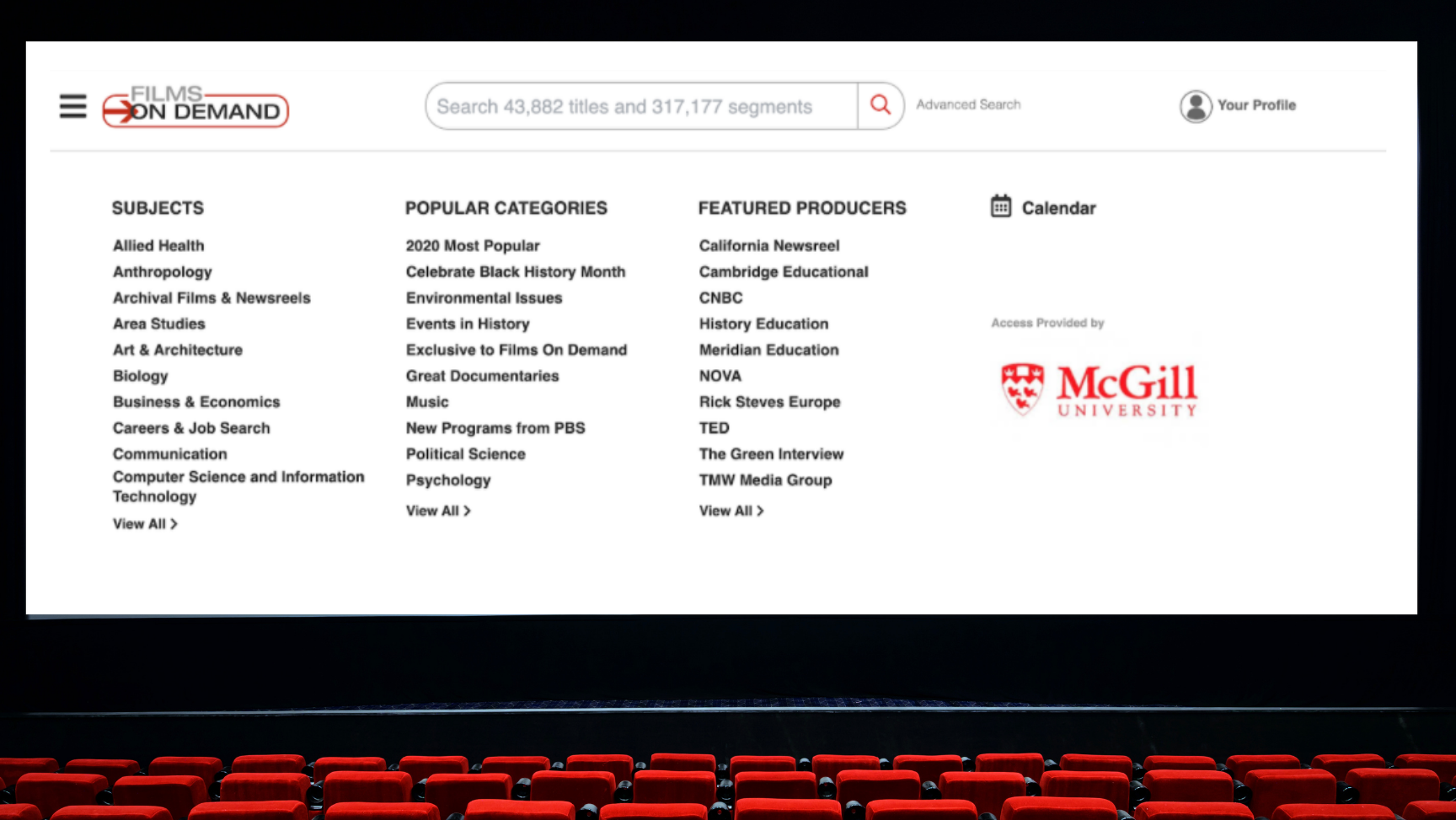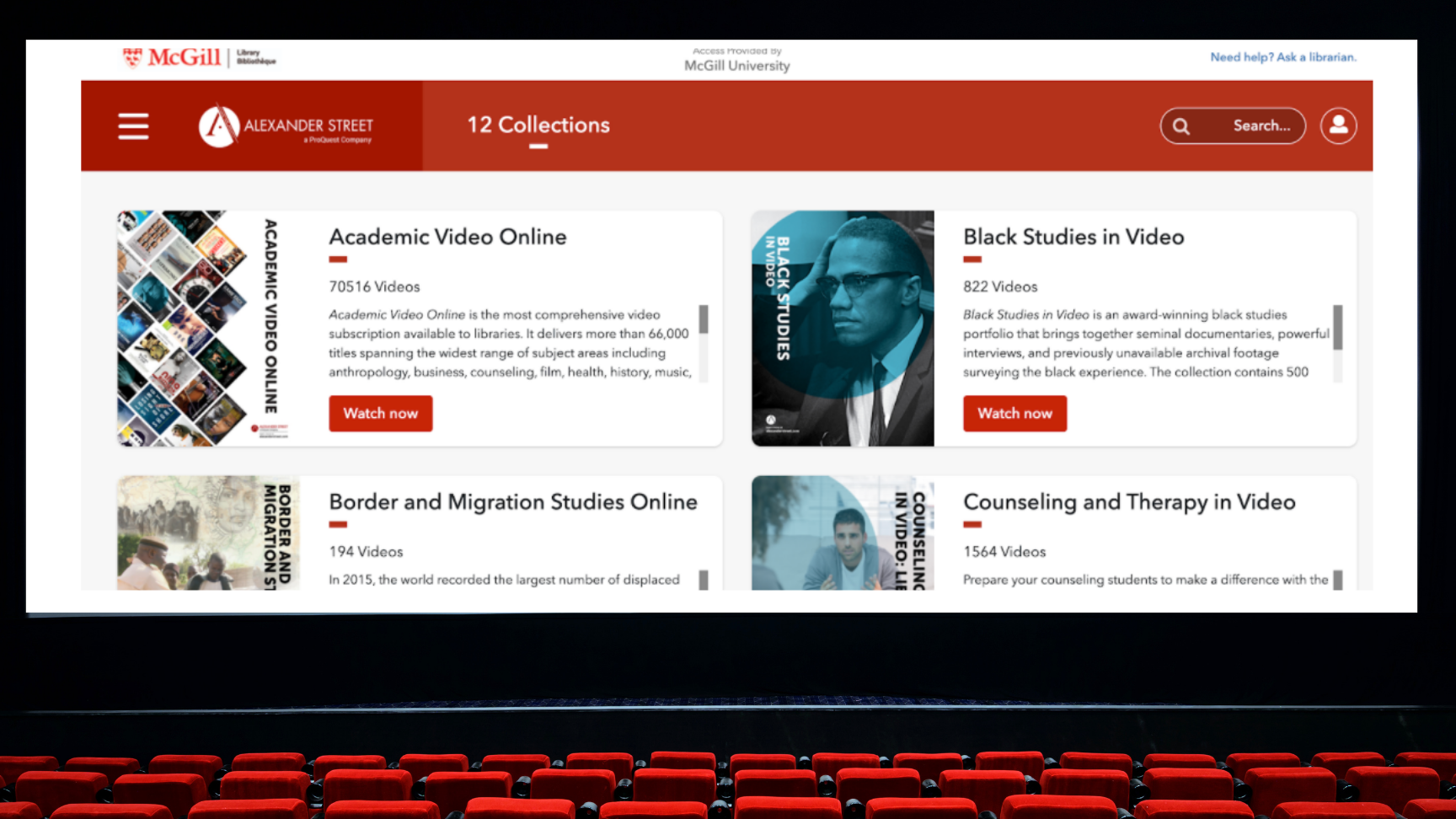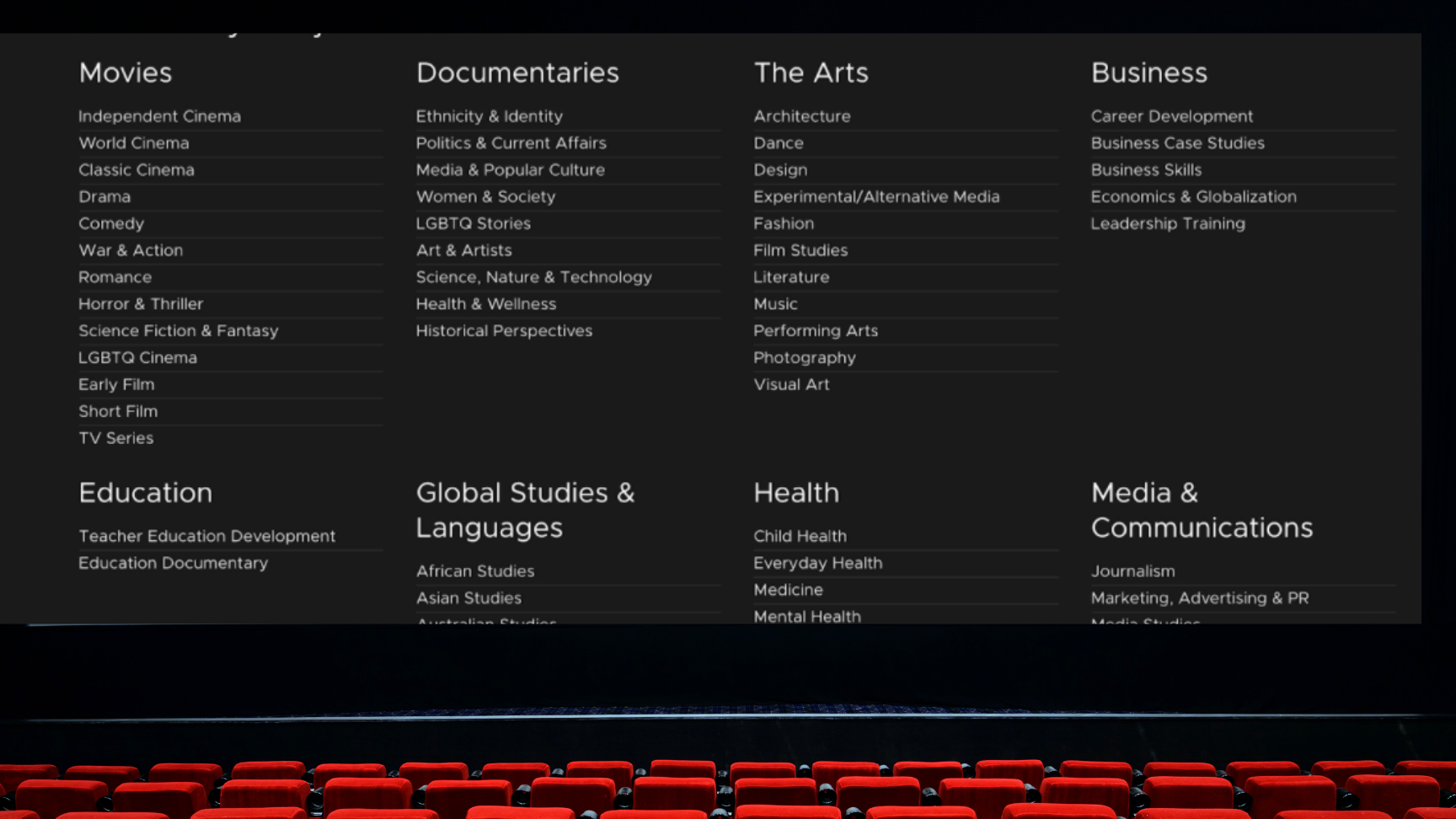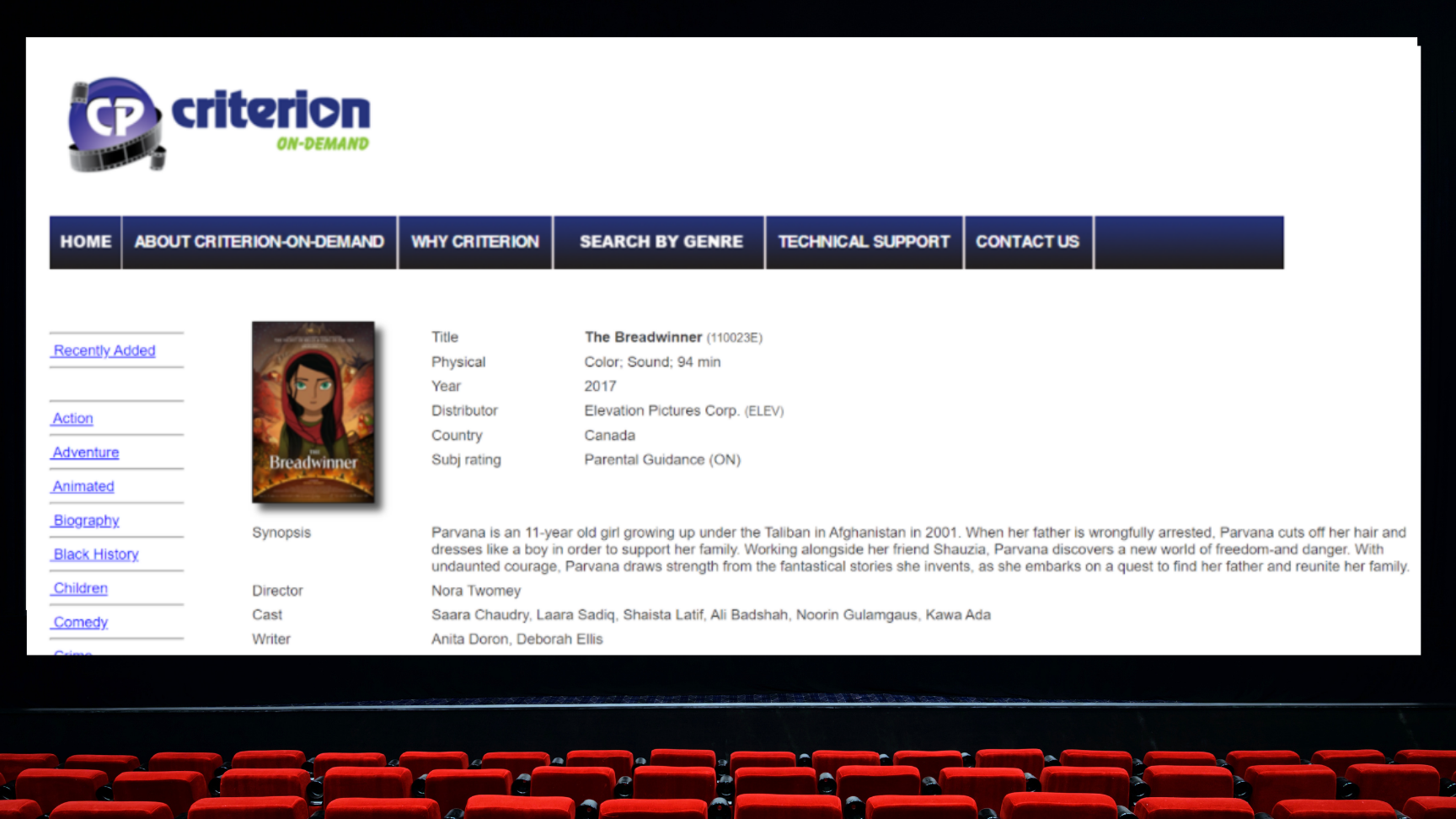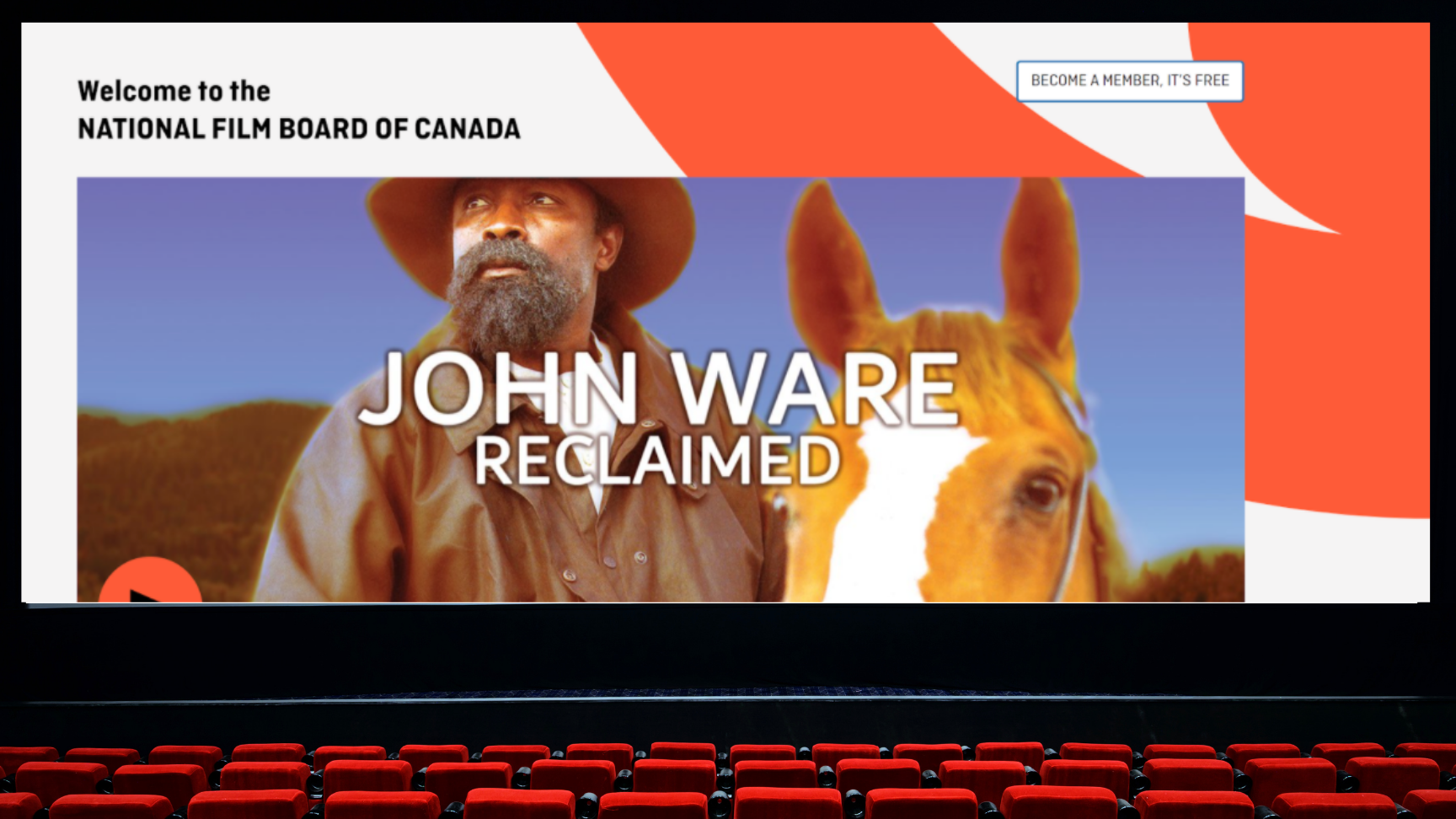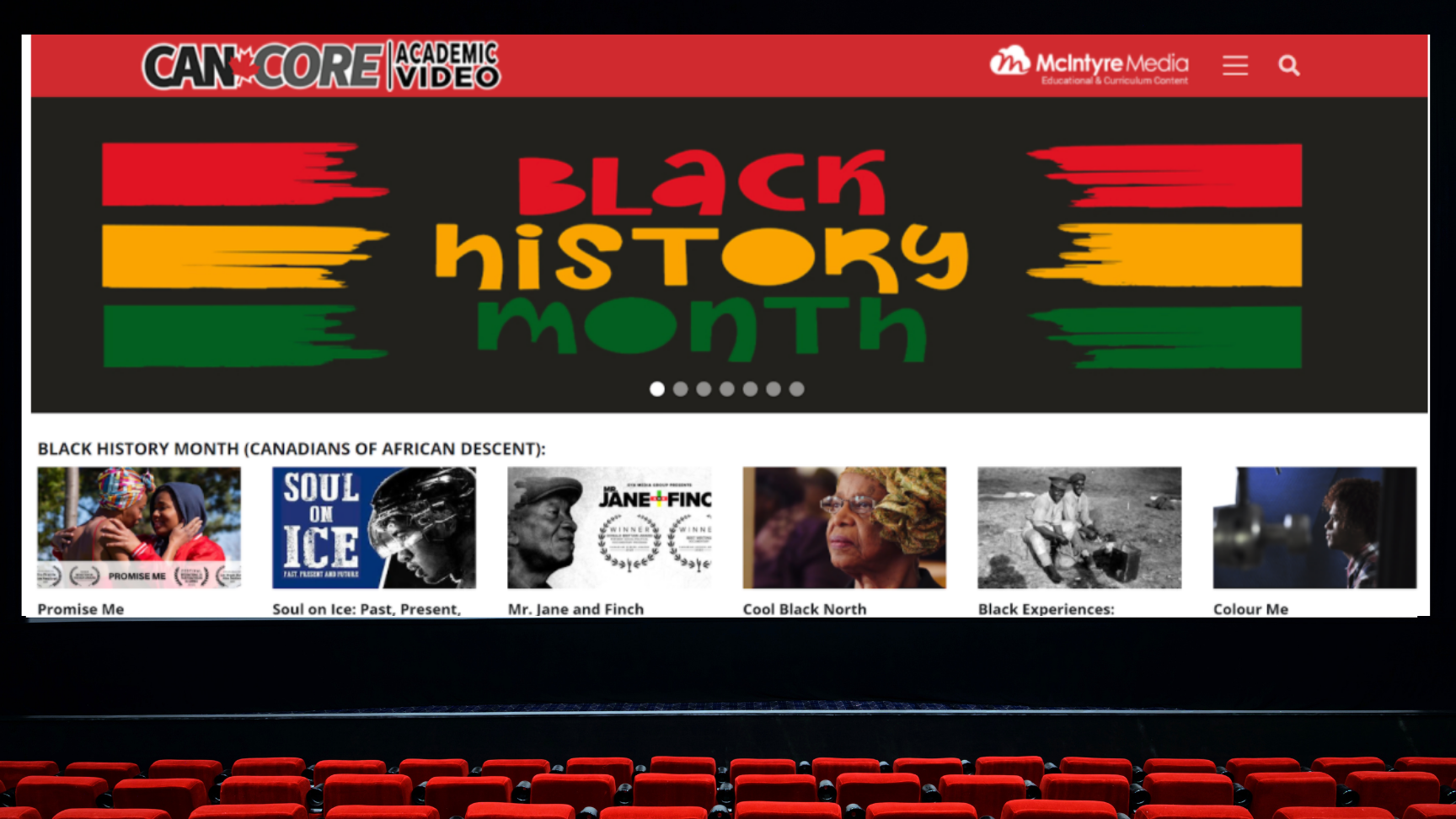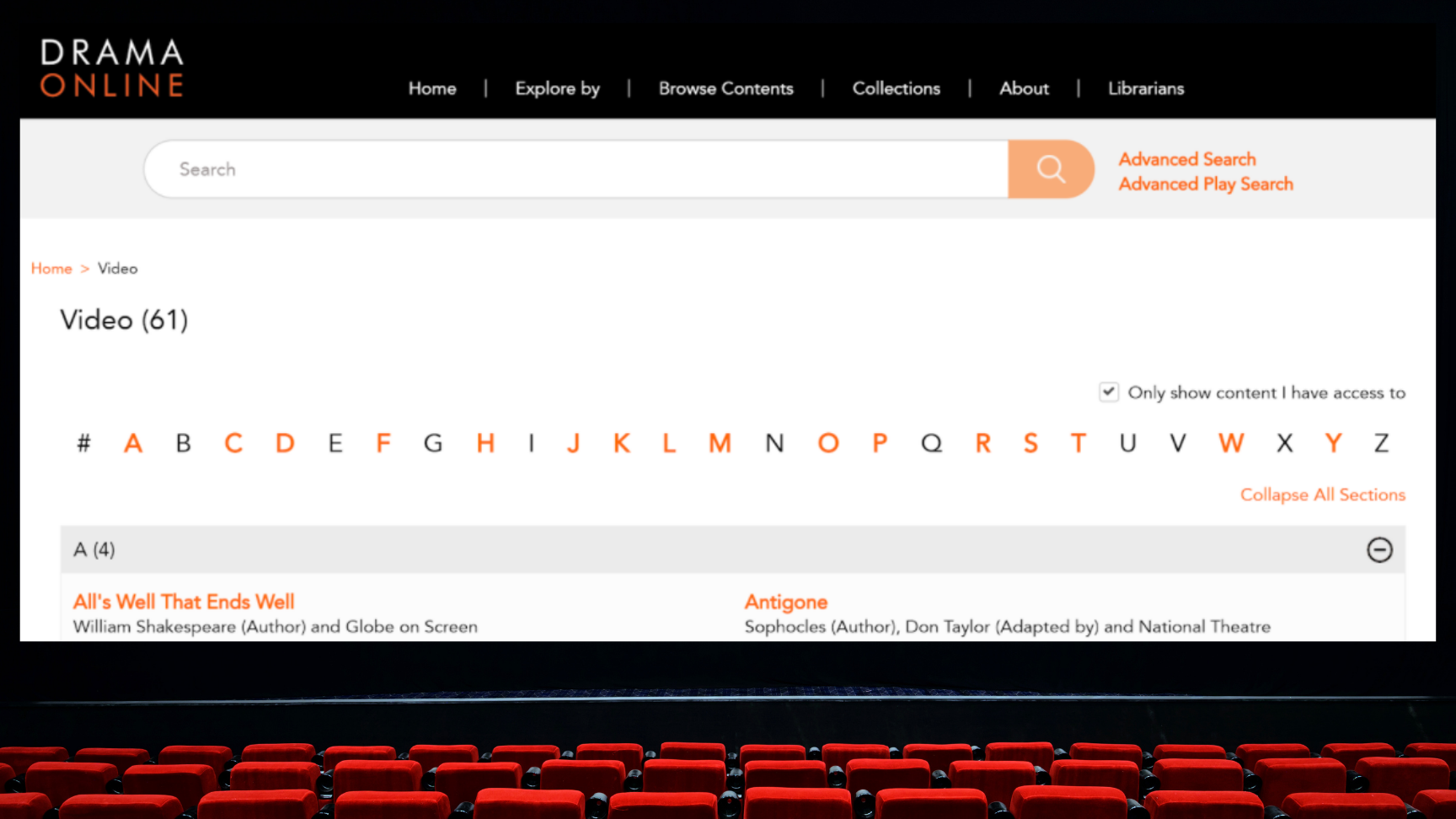
Photo by Denise Jans on Unsplash
Over the last two years, McGill Library has acquired several new documentaries (new to the library that is) on a range of subjects, from globalization to refugee stories to Indigenous tattoo art. All of the films (and one TV series) on this list were requested by faculty and teaching staff from sociology, anthropology, and social work. Some lucky students watched these films as part of their courses, but they deserve a chance to be viewed by a wider audience.
Each time I clicked play on one of these films, to test the sound and quality, I found myself wishing I could watch it all the way through to the end. Documentary films let people tell raw and powerful stories – personal and political stories – that can both educate and entertain. Consider taking some time before the busy school year starts to watch one (or more!) of these films, or any of the many films we have access to through McGill Library.
- La moindre des choses (Every Little Thing) (1997)
Director: Nicolas Philibert
https://mcgill.on.worldcat.org/oclc/897772892 (Microsoft Stream)
Every summer the patients and staff of the La Borde Psychiatric Clinic stage a theatrical performance. Focusing on the 1995 production of Operetta, this fascinating film reveals the porous boundary between sanity and madness. Philibert’s unobtrusive observations force us to re-examine conventional assumptions about what is normal and what is not. ~ from the catalogue record
- Orientations (1985)
Director: Richard Fung
https://mcgill.on.worldcat.org/oclc/1322068824 (Microsoft Stream)
More than a dozen men and women of different Asian backgrounds speak frankly about their lives as members of a minority within a minority. They speak about coming out, homophobia, racism, cultural identity and the ways that being gay and Asian have shaped who they are. ~ from the distributor’s website www.twn.org
- Re:Orientations (2016)
Director: Richard Fung
https://mcgill.on.worldcat.org/oclc/1055287992 (Microsoft Stream)
A fascinating look into the lives and thoughts of seven Queer Canadians of South, East, and Southeast Asian backgrounds as they look back on ORIENTATIONS, a 1984 documentary in which they featured. How have they changed? And how has the world around them evolved and changed? ~ from the distributor’s website www.twn.org
- Swimming Out Till the Sea Turns Blue (2020)
Director: Zhangke Jia
www.kanopy.com/en/mcgill/video/11797690 (Kanopy)
Prominent Chinese writers recount their own lives and literary careers, which allows the film to weave a 70-year spiritual history of the Chinese people. ~ from the Kanopy website
- Julia Scotti: Funny That Way (2020)
Director: Susan Sandler
https://mcgill.on.worldcat.org/oclc/1301273345 (Microsoft Stream)
With breathtaking emotional honesty, this tender, funny, and powerful portrait of transgender comedian Julia Scotti explores the unrelenting courage and humor it takes to be Julia. ~ from IMDB
- Unsettled: Seeking Refuge in America (2019)
Director: Tom Shepard
https://mcgill.on.worldcat.org/oclc/1194594429 (Docuseek)
Follows the stories of LGBT refugees and asylum seekers from Africa and the Middle East as they flee persecution in their countries of origin to seek better and safer lives in the U.S. ~ from IMDB
- Many Thousands Gone (2015) (Short)
Director: Ephraim Asili
https://mcgill.on.worldcat.org/oclc/1249956818 (Microsoft Stream)
Filmed on location in Salvador, Brazil (the last city in the Western Hemisphere to outlaw slavery) and Harlem, NY (an international stronghold of the African Diaspora), Many Thousands Gone draws parallels between a summer afternoon on the streets of the two cities. ~ from the catalogue record
- A Place to Breathe (2020)
Director: Michelle Steinberg
https://mcgill.on.worldcat.org/oclc/1276814997 (Docuseek)
Explores the universality of trauma and resilience through the eyes of immigrant and refugee health care providers and patients. ~ from IMDB
- Tunniit: Retracing the Lines of Inuit Tattoos (2011)
Director: Alethea Arnaquq-Baril
https://mcgill.on.worldcat.org/oclc/1103250028 (Microsoft Stream)
The filmmaker speaks with elders in various communities in Nunavut, as well as members of her own family, about traditional women’s tattooing, a practice taboo for more than a century as a result of contact with Europeans and Christianity. ~ from the catalogue record
- Skindigenous (2018 – 2021) (TV Series)
Season 1 https://mcgill.on.worldcat.org/oclc/1103672518 (DVD)
Season 2 https://mcgill.on.worldcat.org/oclc/1237269500 (DVD)
A 13-part documentary series exploring Indigenous tattooing traditions around the world. Each episode dives into a unique Indigenous culture to discover the tools and techniques, the symbols and traditions that shape their tattooing art. ~ from the catalogue record
- Flat Rocks (2017) (Short)
Director: Courtney Montour
https://mcgill.on.worldcat.org/oclc/1246683697 (Microsoft Stream)
Weaves together breathtaking present-day footage of Kahnawake with archival photos dating back over 80 years revealing the community’s way of life threatened by the Seaway. A poetic narration in the Kanien’kéha (Mohawk) language voices the community’s connection to the water. ~ from the catalogue record
- The Force (2017)
Director: Peter Nicks
https://mcgill.on.worldcat.org/oclc/1012489925 (DVD)
Beginning in 2014, this film chronicles two years with the Oakland Police Department, which, in 2003, was put under federal oversight for misconduct and civil rights abuses. Relations between the department and the community are explored in the wake of nationally publicized police shootings and the advent of the Black Lives Matter Movement. ~ from the catalogue record
- Once the Ice Melts (2015) (Short)
Director: Egill Bjarnason
https://mcgill.on.worldcat.org/oclc/1137157735 (Microsoft Stream)
A glimpse into what happens when globalization meets an isolated Indigenous population now surrounded by melting glaciers. This intimate documentary follows a group of young adults living in Ittoqqortoormiit, Greenland and chronicles their struggles with a new world that includes longer summers, and newly acquired access to modern amenities. ~ from the catalogue record
- Indian Time (2018)
Director: Carl Morasse
https://mcgill.on.worldcat.org/oclc/1155880809 (Microsoft Stream)
Captured over a period of five years within 18 communities, INDIAN TIME is a personal and current portrayal of the 11 Aboriginal nations of Qǔbec, where some forty people take turns speaking, allowing for exceptional encounters and immersing the viewer – eyes and heart – in this “Indian Time”. ~ from the catalogue record
- Mardi Gras: Made in China (2005)
Director: David Redmon
www.kanopy.com/en/mcgill/video/268087 (Kanopy)
This examination of cultural and economic globalization follows the life-cycle of Mardi Gras beads from a small factory in Fuzhou, China, to Mardi Gras in New Orleans, and to art galleries in New York City. ~ from IMDB
- H2Oil (2009)
Director: Shannon Walsh
https://mcgill.on.worldcat.org/oclc/978242392 (DVD)
Moving between a local microcosm and the global oil crisis, H2Oil weaves together a collection of compelling stories of people who are at the front lines of the biggest industrial project in human history: Canada’s tar sands. ~ from IMDB
- Nostalgia de la Luz (Nostalgia for the Light) (2010)
Director: Patricio Guzmán
https://mcgill.on.worldcat.org/oclc/953095281 (Docuseek)
A documentary about two different searches conducted in the Chilean Atacama Desert: one by astronomers looking for answers about the history of the cosmos, and one by women looking for the remains of loved ones killed by Pinochet’s regime. ~ from IMDB


